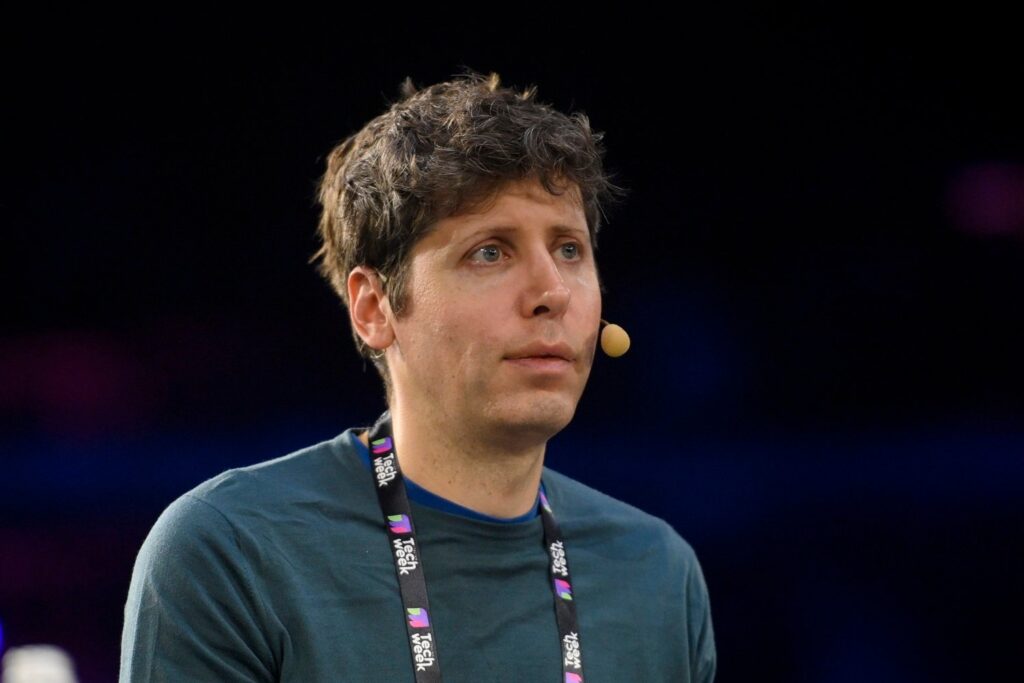OpenAI and Microsoft have a secret definition for “AGI,” an acronym for artificial general intelligence, or any system that can outperform humans at most tasks. According to leaked documents obtained by The Information, the two companies came to agree in 2023 that AGI will be achieved once OpenAI has developed an AI system that can generate at least $100 billion in profits.
There has long been a debate in the AI community about what AGI really means, or whether computers will ever be good enough to outperform humans at most tasks and wipe out major swaths of the economy.
The term “artificial intelligence” itself is something of a misnomer because much of it is really just a prediction machine, taking in keywords and searching large amounts of data without really understanding the underlying concepts. But OpenAI has received more than $13 billion in funding from Microsoft over the years, and that money has come with a strange contractual agreement that OpenAI would stop allowing Microsoft to use any new technology it develops after AGI is achieved.
OpenAI was founded as a nonprofit under the guise that its technology was supposed to benefit humanity. The idea behind cutting off Microsoft once AGI is attained is that AGI would cause harm to humanity in the hands of a for-profit company. In exchange for investing billions in a nonprofit, Microsoft’s current agreement with OpenAI guarantees it a slice of profits until it reaches a predetermined cap somewhere in the tens of billions; the cap is meant to ensure most profit goes back to building products that benefit humanity, supposedly.
As has been well documented at this point, OpenAI is no longer interested in this non-profit model, because the structure makes it difficult to raise more money and compete against other AI players. Since October, The Information says Microsoft and OpenAI have been negotiating changes to their arrangement, which also includes the tech giant serving as OpenAI’s exclusive cloud hosting provider.
Microsoft and OpenAI have been on diverging paths for some time now. It was recently reported that the latter has begun incorporating AI models developed in-house into its 365 Copilot product in order to improve cost and efficiency. It doesn’t make sense for Microsoft to continue relying on OpenAI, an independent company, for technology that it believes will be the backbone of its productivity software going forward. Microsoft needs proprietary tech.
OpenAI, for its part, is far away from achieving $100 billion in profit on technology whose true value remains speculative, which means it would likely have to keep giving its technology to Microsoft for a long time—not great when it looks like they are headed towards being competitors. And handing over large amounts of its revenue makes it less attractive to new investors, which it will need as it continues to burn cash. Getting rid of the cloud hosting agreement could also allow OpenAI to negotiate better hosting costs with an alternative provider.


